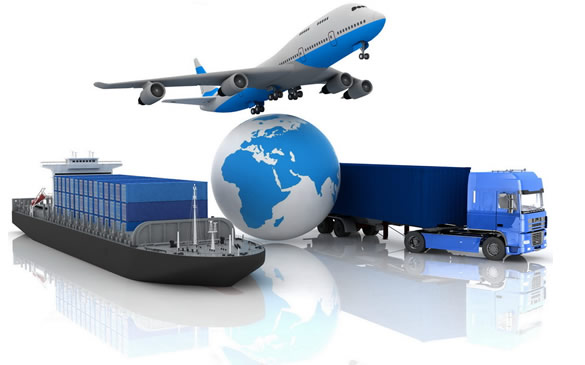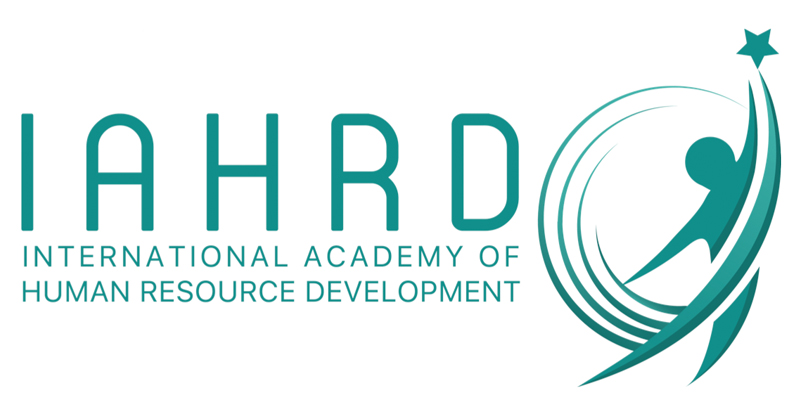
Competitive Advantage through Logistics And Supply Chain Management Excellence.
Competitive Advantage through Logistics And Supply Chain Management Excellence.
This course is proudly introduced to you by the International Academy of Human Resource Development(IAHRD). Our courses are customized to match your needs in which they are designed by experts who has a long practical experience in the field.
This course is aimed at both suppliers and buyers who need an overview of the key drivers involved when viewing supply chains from a logistics/demand point of view. Supply Chains are the ultimate source of competitive advantage so the purpose of this seminar is to explain and appreciate what logistics and supply chain management are.
Objective:
By the end of this course, participants will be able to:
- Define the objectives and functions of logistics and supply chain management.
- Relate purchasing, stock control, stores and physical distribution activities.
- Present and discuss the specifications needed for each of the materials management functions in order to optimize the usage of personnel, facilities and capital.
- Plan to deal and work with the problems and constraints related to materials management.
Content:
Module 1:
- What is logistics and supply management?
- What is the difference between logistics and supply management?
- Competitive strategy of logistics and supply management.
- The supply chain becomes the value chain.
- The changing environment.
- Mission of logistics management.
Module 2:
- Logistics and customer value.
- Delivering customer value.
- The impact of out-of-stock.
- Market driven supply chains.
- Customer service objectives.
Module 3:
- Logistics and the bottom line.
- Logistics cost analysis.
- Total costs analysis.
- Cost drivers and activity-based costing.
- Customer profitability analysis.
Module 4:
- Balancing between supply and demand.
- Demand management.
- Forecasting and replenishment.
- Capacity forecasting.
Module 5:
- Responsive supply chain.
- Product 'push' vs. demand 'pull'.
- Time-based competition.
- Quick response logistics.
Who should attend?
- Distribution Management And Material Management Professionals
- Transportation Management Officers.
- Supply Chain Management And Logistics Staff.
- Interested candidates.
